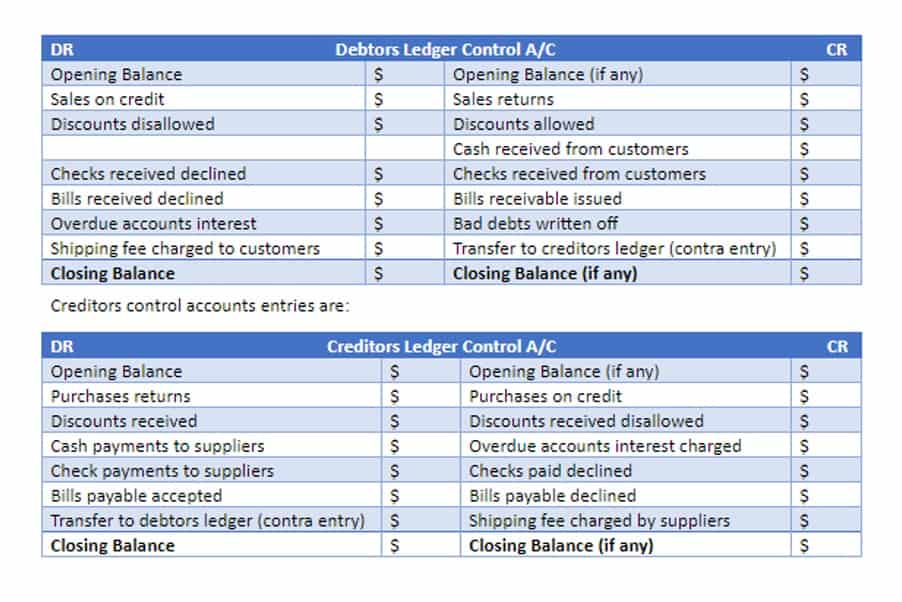
Additionally, bookkeepers prepare basic financial reports like balance sheets and income statements, which are essential for monitoring the company’s financial health. This post was reviewed by our team of accounting and financial experts. TGG’s mission is to make business owners’ lives better through excellent financial management.
Cultivating a Data-Driven Culture
For instance, a cash flow statement can provide clarity on your business’s liquidity, offering insights into investment opportunities or potential pitfalls. Although accounting and bookkeeping are distinct disciplines, they are intricately interwoven, working collaboratively towards ensuring financial clarity. Bookkeepers play the role of data collectors, meticulously noting down every financial piece of information.
- By looking at the numbers, they can provide crucial business insights and advice for how to keep optimizing.
- Bookkeeping is the practice of carefully recording all financial transactions in a business.
- In addition, bookkeeping and accounting practices have a prominent standing in the industrial realm.
- Accounting is the broader financial discipline that is all about analyzing, interpreting, and reporting a company’s financial transactions and overall financial health.
- It helps a business in the short and long term decision making and also conveys the credibility of a company to the market.
- With a keen eye for detail, bookkeepers shoulder the responsibility of recording each financial transaction a business undergoes.
Accounting vs Finance Degrees
- The decision to hire a bookkeeper or an accountant generally depends on the complexity and volume of your financial transactions, as well as your business needs.
- As a business leader, you should have a good idea of which professionals best suit the needs of your company.
- However, when it comes to more complex financial reporting and analysis, an accountant’s expertise is typically required.
- Understanding the difference between bookkeeping and accounting is the first step toward financial success.
- As of May 2023, accountants earned between $50,440 and $137,280, with a median wage of $79,880, according to BLS.
- An accountant offers strategic guidance on financial management, tax planning, and regulatory compliance.
Whether you need a skilled bookkeeper to manage daily transactions or an experienced accountant for financial planning, recognizing the distinctions will help you make the best choice for your needs. Take the time to assess your requirements, research professionals, and find the right partner to help you navigate your financial journey. However, significant differences exist, like the work conducted in each career and the skills needed to be successful.

Common Tasks Performed by Accountants:
- And while the two roles share some crossover, they’re not synonymous.
- Bookkeepers are also essential for producing fundamental financial reports like cash flow statements and balance sheets.
- Bookkeeping is just one part of accounting, and bookkeeping comes first.
- The differences between accounting and bookkeeping start with the educational requirements.
- Some accountants spend their workdays assessing financial transactions and records to find areas to cut costs, increase income and improve profit margins.
- Accountants are also experts at spotting errors in the accounting process; they know how to detect frauds in your company’s books or reports, whether it’s intentional or accidental.
A cash receipts journal is a journal that is used to record the receipt of cash from other businesses or individuals. Annuities are contracts from insurance companies that promise to pay you a lump sum of income immediately or a series of payments in the future. Accounts receivable is the balance of money owed to a business for goods or services delivered or carried out, but not yet paid for by customers. Accounts payable is a short-term debt where a business owes money to its suppliers who have provided the business with services or goods on credit. One of the hardest aspects of bookkeeping when you’re just starting out is keeping all retained earnings of the terminology straight. Shoeboxed is an expense & receipt tracking app that helps you get reimbursed quickly, maximize tax deductions, and reduce the hassle of doing accounting.

Our mission is to bring you ”Small business success … delivered daily.” For small business owners, especially sole proprietors, simplicity can be the key. It’s crucial, however, to have a clear understanding of your finance process to determine the extent of expertise required. With a keen eye for detail, bookkeepers shoulder the responsibility of recording each financial transaction a business undergoes.

With the support of an experienced team, you can ensure that your financial records are always up-to-date, accurate, and compliant with relevant regulations. Whether you need help with day-to-day bookkeeping tasks or strategic accounting advice, outsourcing allows you to access expert services tailored to your business’s unique needs. The output of bookkeeping is usually a well-maintained the terms accounting and bookkeeping are interchangeable record of all financial transactions, ready for review. Accounting produces formal financial reports, such as profit and loss statements, balance sheets, and cash flow statements, as well as strategic financial advice. An accountant takes on a more analytical role in financial management by using the detailed records prepared by bookkeepers to assess and interpret financial data. They perform audits, assist in tax filings, and offer consultancy on financial planning and risk management.

Misconception 3: Bookkeepers Don’t Need Formal Education

Together, they Partnership Accounting provide a complete picture of your business’s financial health. Small businesses should consider key questions like ‘What is the difference between bookkeeping and accounting? ’ Ultimately, both practices are essential for organizing and comprehending financial records. One of the most attractive aspects of bookkeeping and accounting careers is that companies in almost every industry rely on specialists in these fields. Enterprises and medium-size companies often have in-house accountants and bookkeepers. Accountants use the info from bookkeepers to make financial statements.
- In particular, the big four firms of Ernst & Young, Deloitte, KPMG, and PricewaterhouseCoopers offer larger salaries than mid-size and small firms.
- Bookkeeping is the backbone of any business’s financial management.
- The best bookkeeping software for small businesses depends on many factors.
- The bottom line in this scenario – you’re doing more harm than good to your business cash flows.
- First, let’s start with an extremely brief and incomplete history of accounting, and then we’ll jump into the main differences between bookkeeping and account.
- Certifications like Certified Bookkeeper (CB) can improve their qualifications.
What is the Difference Between Bookkeeping and Accounting?
Bookkeepers and accountants generally need different degrees and training to begin their careers. Though they both work with financial statements, their daily duties are distinct, and they rely on different software, tools and processes. Many small business owners believe they can operate with just one of the two. Bookkeeping provides the necessary data, and accounting transforms that data into useful insights.
